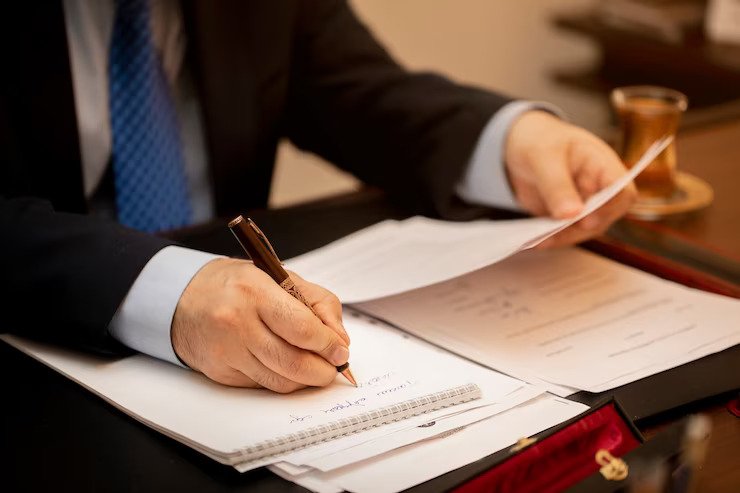Estate planning comes under one of an individual’s most important duties.
The property of an individual must be passed upon the posterior generation. Moreover, life has its complexities and uncertainties. It’s a complicated process; therefore, you must try to settle things right from the beginning.
According to a misconception, estate planning is the job of the rich with the bulk of their wealth and property. Every estate must be distributed to the legal heir. Many of you do not have the basics of it. The article discusses what an estate plan includes.
What Is Estate Planning?
Estate planning is the process of making clear that you want to distribute your possessions to your legal heirs. It’s basically the plans and the underlying management to transfer your property or estate after you pass away. They will be done using the will, trust, and insurance policies.
Many parts of your property come under estate planning. The elements of the property that come under the list include houses, jewelry, savings, retirement accounts, cash, cars, and clothes. You must discuss things comprehensively with an estate planning lawyer to know more about this.
What Does Estate Planning Include?

The entire estate planning abounds in six must-haves, and they include:
- Will.
- Durable Power of Attorney.
- Letter of Intent.
- The beneficiary of Designations.
- A healthcare power of attorney.
- Guardianship designation.
Though there are documents other than this, we discuss the six of them here.
1. Wills And Trusts
The will or trust is one of the main elements of every estate plan. This will ensure that your property will be distributed to the heirs according to your wishes and in consultation with the other member.
The wills are drafted according to the law of the state. The wills or trust consists of the plans on how you bequeathed the assets among your family members.
2. A Durable Power Of Attorney
The power of attorney is a document that ensures that you assign an individual who will work for you when you are no more or not in a position to act.
This document allows individuals to enter into financial transactions and make legal decisions as if they are doing. Hence you have to nominate an individual whom you trust and who can make the right decisions or judgments on your behalf.
3. Letter Of Intent
One document left to your beneficiary or executor is the letter of intent. The purpose of it is to define what you would want to do with your possessions after you become incapacitated and die. Along with the distribution, these documents also contain funeral details or other special requests.
If the will is invalid, the letter of intent will inform the probate judge of your wish for property distribution. He/she will initiate distributing them to the legal heirs.
4. Beneficiary Designations
It is important to maintain the beneficiary list as some assets are distributed without its dictation in the will. The beneficiary designation is often made when a retirement account or life insurance policy is established.
These designations should be reviewed periodically. It turns out to be one of the important aspects of estate planning.
5. The Healthcare Power Of Attorney
With the help of a healthcare power of attorney, you designate another individual to make important decisions on health care. This is done especially when you are no longer in a position to make the decisions on your own.
The nominated individual implements the wishes on healthcare you wished in the will. When you execute such a document, nominating an individual you know and trust is always better. A reliable person can help you best in this situation.
6. Guardian Designation
One of the most significant documents is the guardian designation. If you have minor children or are considering having kids, picking up the guardian is a must. Make sure that the person whom you considered as the guardian designation must be financially and psychologically sound and they are willing to raise your child.
Closing Down The Discussion
These are important documents or, say, must-haves to the estate plan. With a strong estate plan, you can manage things according to your plan and still be in a safe position.
Estate planning is one of the most crucial responsibilities of you as an individual, and you must be responsible enough for it so that you take care of your family. Discuss all with an estate planning lawyer.
Read Also:
















